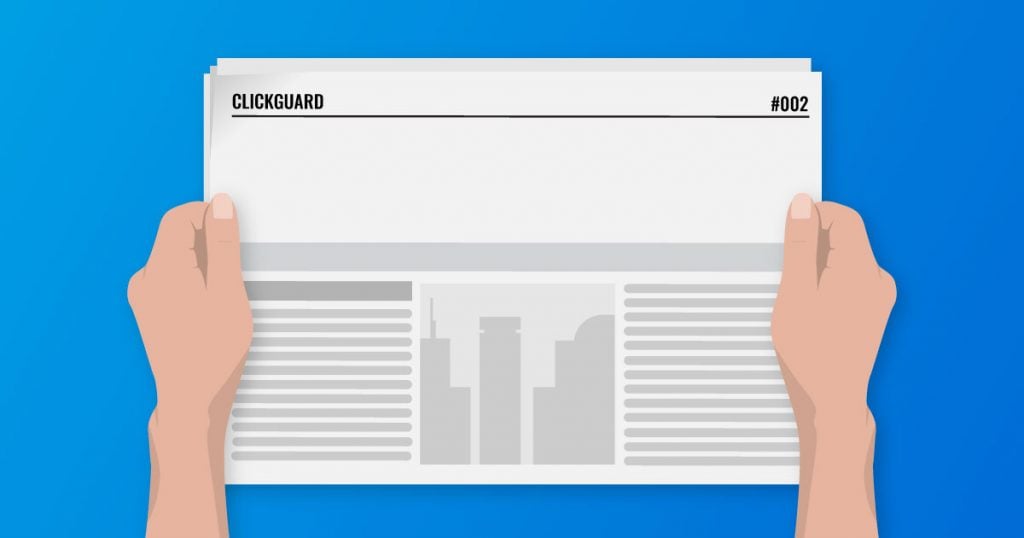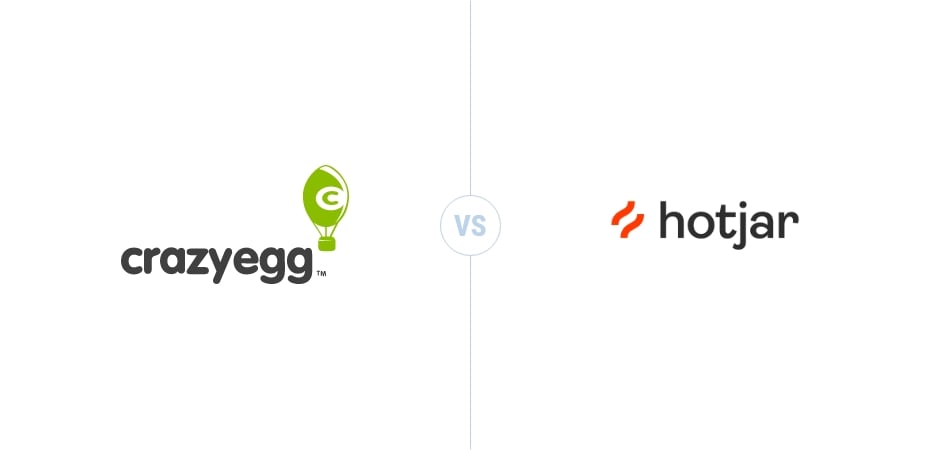Right before the world changed with the emergence of the coronavirus, Google announced another world-changing feature – or rather, the elimination of one. In January of 2020, Google reported that it would do away with third-party cookies. This isn’t necessarily anything new, as Safari and Firefox got rid of third-party cookies in 2019, but because Google captures 63.5% of users’ browsing activity, they were understandably slower to get rid of cookies.
Why Are Cookies So Important?
Cookies are vital to marketers everywhere because they store information about a consumer’s web browsing habits and activities. Not only do cookies help with the website’s function, but they also allow for marketing in a personalized way. This is due to the fact that cookies have the capacity to store detailed and sensitive personal information of their consumers so as to better advertise to them.
There are three types of cookies. First-party cookies are implemented by the website’s domain and are only used by the company that owns the website. First-party cookies track information like country and language preferences and can also keep track of items that customers put in their carts when online shopping, effectively decreasing cart abandonment.
Second-party cookies are implemented as a way for businesses to sell data to another business. Second-party cookies need explicit consent to do so.
Third-party cookies are usually used by advertisers or analytics programs. These cookies are embedded into the website itself, and can therefore be accessed on any website that loads the code. One main goal of third-party cookies is to keep track of purchases across a variety of websites. Have you ever looked for something you’ve really wanted, and then got an ad for it on a completely different website? That’s what third-party cookies allow companies to do.
Google Is Removing Third-Party Cookies — But Why?
Why is Google doing this, then, if marketers rely so heavily on their users’ data? Google has faced increasing pressure from the government regarding privacy concerns. Google has had several lawsuits regarding user data and privacy as well. Also, consumers now have an increased awareness of cookies and where their information is going and how its going to be used. This creates a distrust of big tech and other data aggregators. Finally, there is an overreliance on cookies across the board. What about the consumers who block or decline cookies? How do companies effectively market to them?
Though the loss of third-party cookies seems like it’s going to be a detriment for ad campaigns, that is not necessarily the case. Google is creating a whole new system for tracking user’s data.
FLOC (Federated Learning of Cohorts) is a system that is intended to override the need for third-party cookies.
Users will be grouped into cohorts based on their shared browsing interests and web activities, and from these cohorts, personal information is made to be anonymous. This is a great way to regain trust from consumers who might be wary about putting their personal information on the web.
And don’t stress about personalized ads, either. First-party data collection will still be made available. Users’ video, social media, searches, location, and time will also be available. Furthermore, second-party data can help build an audience. This is good news for advertisers, tech partners, and ad publishers.
Finally, the loss of third-party cookies will help companies develop stronger relationships with their customers through a better understanding of their web browsing and purchasing habits. Similarly, trust is built between a company and its customer by creating stronger customer confidence.
Though marketers will be losing third-party cookies, it will still be possible to advertise your product and keep track of your customers’ behaviors. This mutual relationship will help with every aspect of marketing.



